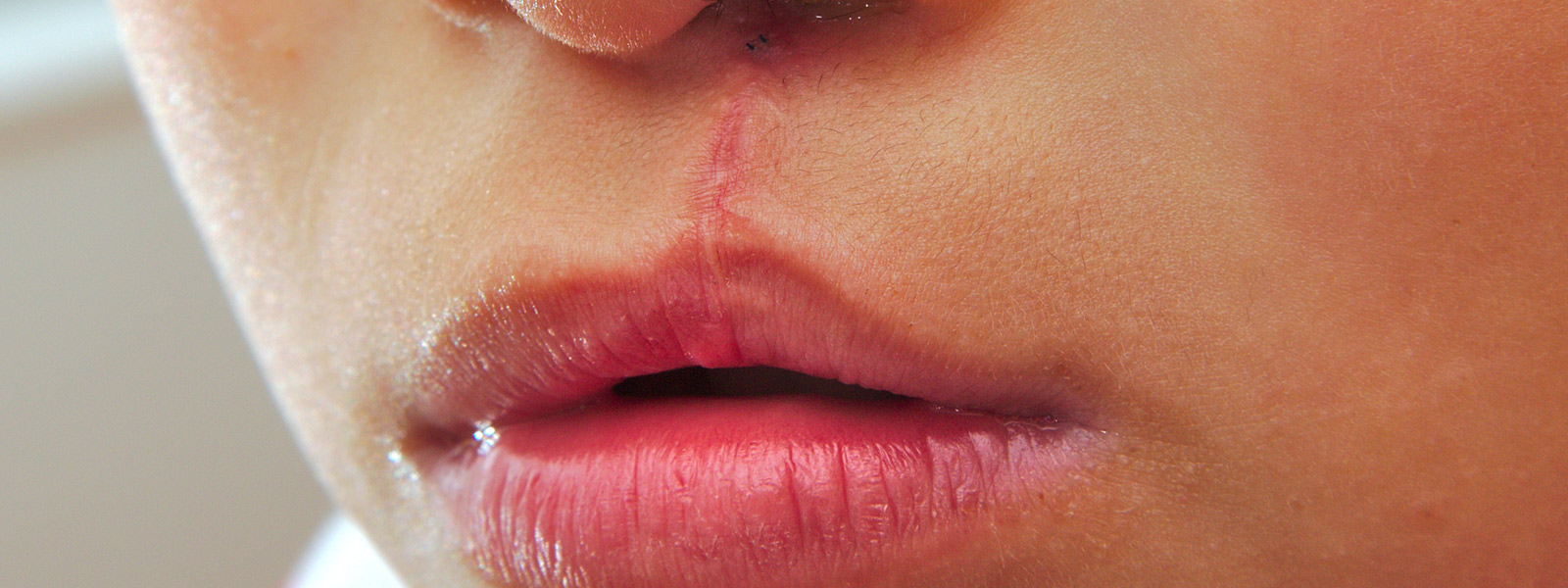
Cleft lip & palate
A cleft is a gap or split in the upper lip and/or roof of the mouth (palate). It is present from birth. The gap is there because parts of the baby’s face didn’t join together properly during development in the womb. A cleft lip and palate is the most common facial birth defect in the UK, affecting around one in every 700 babies.
Problems related to cleft lip and palate
Cleft lips and cleft palates can sometimes cause a number of issues, particularly in the first few months, before surgery is carried out.
Problems that can occur include:
- difficulty feeding – babies with a cleft palate may be unable to breastfeed or feed from a normal bottle because they can’t form a good seal with their mouth
- hearing problems – some babies with a cleft lip are more vulnerable to ear infections and a build-up of fluid in their ears (glue ear), which may affect their hearing
- dental problems – a cleft lip and palate can mean a child’s teeth don’t develop correctly and they may be at a higher risk of tooth decay
- speech problems – if a cleft palate isn’t repaired, it can lead to speech problems such as unclear or nasal-sounding speech when a child is older
Most of these problems will improve after surgery and with treatments such as speech and language therapy.
Role of Speech and Language Therapy
Your child will most likely be known to a specialist centre for Cleft Lip and Palate including a specialist speech and language therapist. They may refer you to community speech and language therapy for more local support. Contact us for further information should you need support from our community team.

